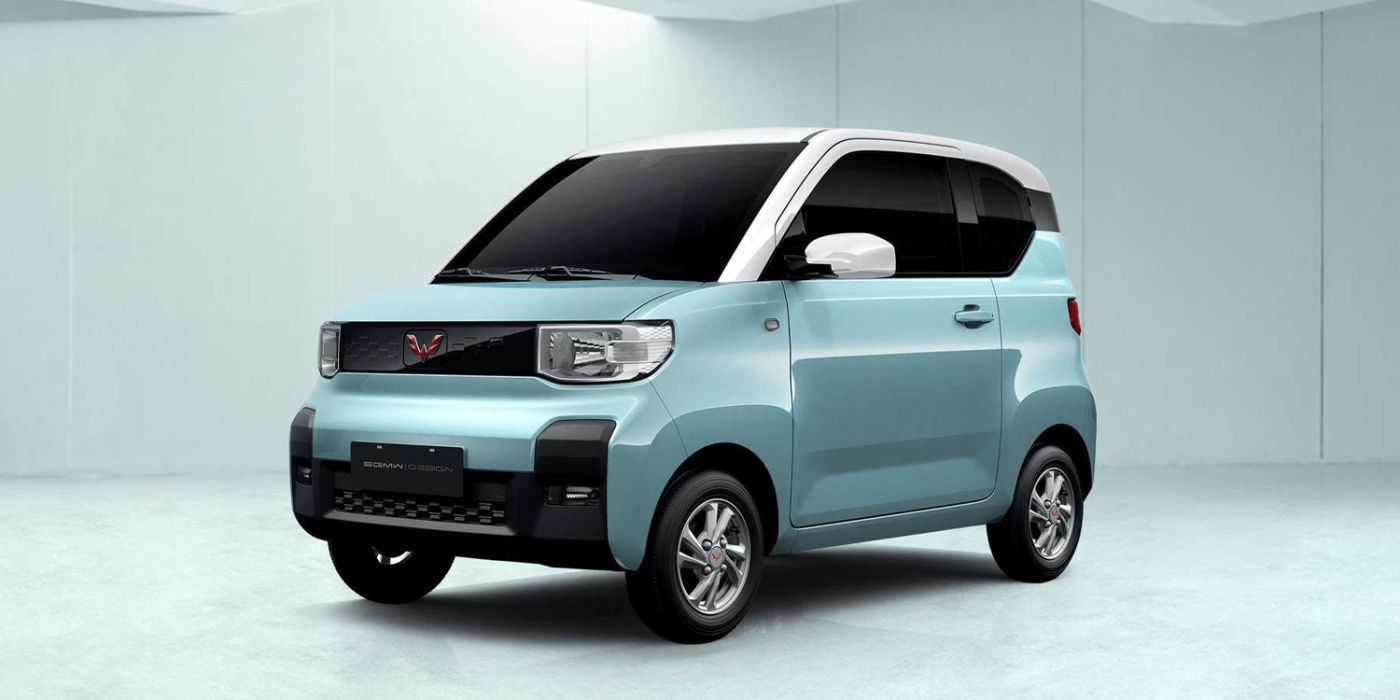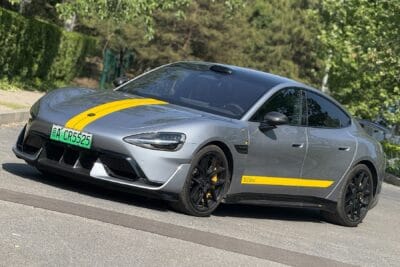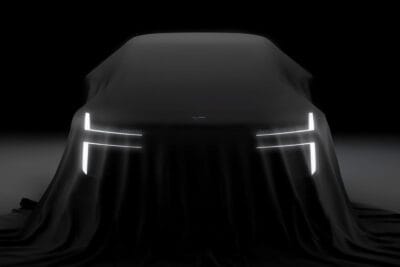China’s July NEV sales rise to 271,000 vehicles
In July, a total of 271,000 new energy vehicles were sold in China – an increase of 164.4 per cent compared to July 2020. BYD led the manufacturers, but the best-selling model for the eleventh month in a row was the Wuling Hongguang Mini EV.
The joint venture between SAIC and General Motors sold 30,706 units of the mini electric car in July. Once again, no other model came close to the sales of the 20 kW Wuling Hongguang Mini EV in July.
BYD, on the other hand, led the manufacturers: 50,057 New Energy Vehicles from BYD were sold in July, specifically 24,996 battery-electric cars and 25,061 plug-in hybrids. While in previous months BYD’s BEV share was higher than that of PHEVs, in July both drive types accounted for quite exactly half of NEV sales. Battery electric cars increased by 139 per cent, plug-in hybrids by 650 per cent.
Based on the number of purely battery-electric cars built in China, Tesla was ahead in July with 32,968 units produced – putting Tesla at a level of around 33,000 vehicles for the third month in a row. However, in terms of units sold in China – the size comparable to the BYD figures mentioned – Tesla falls behind BYD and the Wuling.
This is because of the 32,968 Model 3 and Model Y built, only 8,221 were sold in China – down from 28,138 vehicles in June. 24,347 Teslas built in China – specifically 16,137 Model 3 and 8,210 Model Y – were exported. Such strongly changing shares of domestic sales and exports have already been observed at Tesla in the past months – the total number of vehicles produced, however, remains constant.
With 8,221 vehicles sold in July, Tesla even has to rank behind the start-up Li Auto in the statistics. The company, also known as Li Xiang, currently only has one electric SUV on offer, the One, but sold 8,589 units in July.
The two other highly regarded Chinese electric car start-ups Xpeng and Nio achieved sales figures of 8,040 units (Xpeng) and 7,931 deliveries (Nio) in July. Both companies were able to increase their sales significantly; in the case of Xpeng, the increase was 228 per cent compared to July 2020, while for Nio it was 124.5 per cent.
VW also made gains in electric registrations in China, albeit at a lower level. The brand said that over 5,800 units of the ID. family were delivered in China in July – up from just 3,000 units in June. VW currently has two versions of the ID.4 on offer in China (each from the joint ventures with SAIC and FAW). As for the larger ID.6 electric SUV, SAIC-Volkswagen’s ID.6 X has been on sale since June, so it had its first full month of sales in July. The ID.6 Crozz from FAW-Volkswagen, on the other hand, has only been on sale since mid-July.
nasdaq.com (total sales), insideevs.com (Wuling), gasgoo.com (BYD), gasgoo.com (Tesla), nio.com (Nio), xiaopeng.com (Xpeng), reuters.com (VW)





0 Comments